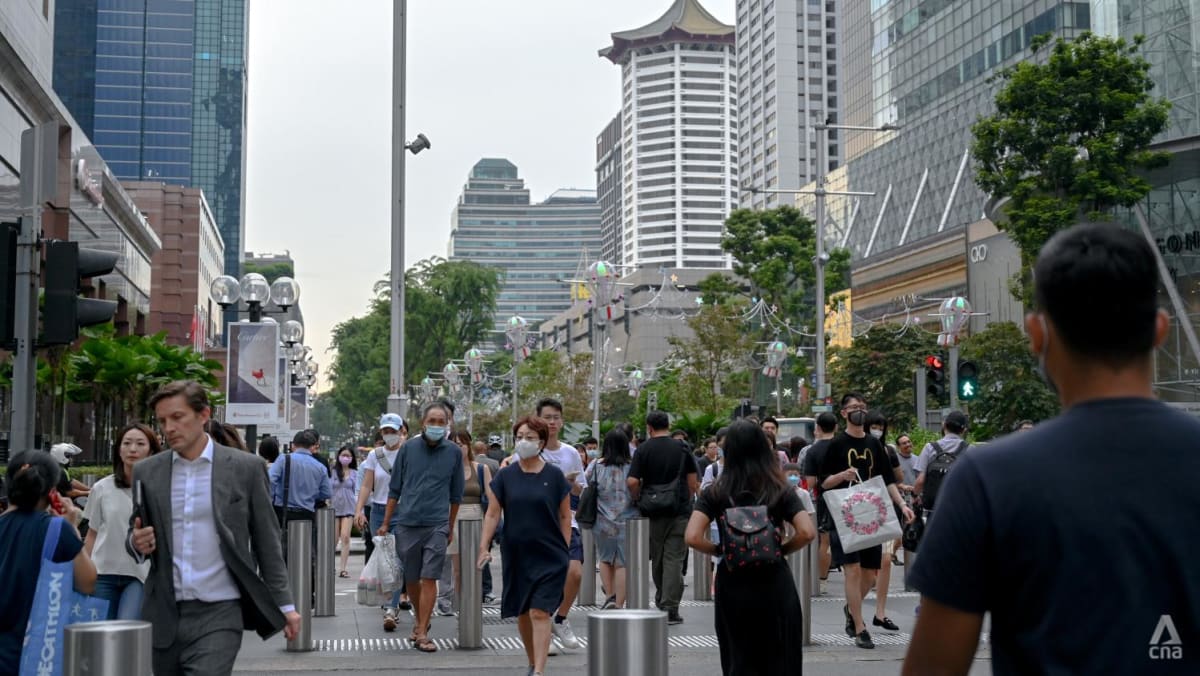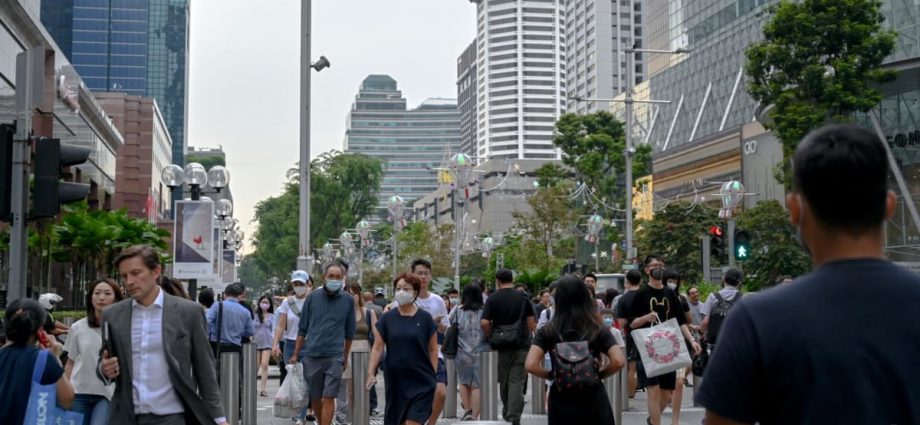
LESSONS FROM THE PAST
We ought also to take heed of the biggest black mark in Singapore’s response, namely the huge outbreaks in foreign worker dormitories in the early days of the pandemic. The four months during which foreign workers were ringfenced in dormitories in 2020, and the imposition of strict controls on their movement for more than a year thereafter, could be argued as an unfortunate necessity, given the high density in their living conditions and the difficulty in finding alternative arrangements.
Now that we are moving to DORSCON green, we must not forget that their living conditions leave them highly vulnerable to outbreaks (which in turn exposes the resident population to risk of contagion) and move forward with steps to improve their quality of life.
The most important lesson, though, has been that through the efforts of every one of us – we wore our masks, worked from home, tested ourselves regularly, limited our social gatherings, as we were asked to – we were able to keep the death rate to less than 10 per cent of that in countries of comparable wealth, such as the United States and the United Kingdom.
Instead of the 1,700 deaths we’ve had so far, we could easily have seen 17,000. Lots of us would have known someone who died of COVID-19. Although we wish for no similar pandemic again, it is a given that new viruses will continue to emerge and threaten humanity.
Despite this, the experience of the last three years has shown that if, or when, there is another pandemic like COVID-19, or for other catastrophes like the climate crisis, we can have confidence in the people of Singapore being able to pitch in to protect one another.
Associate Professor Alex Cook is Vice Dean (Research) and Domain Leader (Biostatistics and Modelling) at the Saw Swee Hock School of Public Health, National University of Singapore.

